One can only hope that the peace and ceasefire agreements between India and Pakistan have emerged in an attempt to test the scope for cooperation.
By Akeel Rashid
India and Pakistan issued a joint statement in the last week of February to announce that after discussions over established hotlines, the two sides have agreed to “strict observance” of all peace and ceasefire agreements with effect from midnight of 25 February 2021. It was a surprising move given that the two sides have not, of late, exhibited any willingness for peace talks or open negotiations. And the last time when there was a vivid demonstration of the two countries coming closer together was December 2015 when Prime Minister, Narendra Modi, made a surprise visit to Pakistan by stopping off in Lahore on his way back from Afghanistan. It was the first trip to Pakistan by an Indian leader, since 2004, following which the relations between the two countries remained on historic lows due to different reasons.
Now, when the war has paused, guns have gone silent and the prospects look tranquil once again, it is important to recount the repercussions surrounding India-Pakistan tensions. Moreover, how it feels to witness the prospects for renewed relations between India-Pakistan can be appreciated only if we recall the tense developments of the recent past, the ever-present reality of the Kashmir conflict and provide an overview of newer developments between the two nations.
A recap of tense developments of recent past
Soon after Prime Minister Modi’s trip to Pakistan, there was a terrorist attack on Pathankot Air Force Base on 2 January 2016. One civilian and seven security personnel died in the attack and 25 others were injured. In February 2019, a convoy of security personnel vehicles plying on the Jammu–Srinagar National Highway was attacked by a vehicle-borne suicide bomber at Lethapora in the Pulwama district of the erstwhile state of Jammu and Kashmir. 44 soldiers lost their lives in the deadly suicide attack and not just that but a few days after the attack, Indian Air Force pilot Abhinandan Varthaman, was captured by Pakistani forces amid heightened tensions between the two countries. His jet was shot down in what Islamabad called a “retaliation” to India conducting airstrikes in its territory. He was released by Pakistan as a “gesture of peace” through the Wagah-Attari joint check-post two days after he was captured across the Line of Control. The move created the conditions for a de-escalation of military tensions on Line of Control (LoC).
After the abrogation of Article 370, Pakistan downgraded its diplomatic relations with India and expelled the Indian High Commissioner in Islamabad. Last year, 2020, in the month of June, India and Pakistan traded barbs over the alleged complicity of each other’s diplomatic staff in acts of spying and terrorism. This war of word resulted in both countries asking each other to reduce the staff strength in their respective High Commissions in Islamabad and New Delhi by half in a week’s time. All this transpired in the backdrop of almost daily skirmishes between the troops of two countries along the Line of Control (LoC) and international border. Hardly, a day would pass without the two sides exchanging bullets and mortars and it had always been like this.
On the one hand, Pakistan would accuse Indian troops of resorting to unprovoked ceasefire violations along LoC, almost on weekly basis, and summon the Indian deputy envoy to its Foreign Office for lodging formal protests about it. On the other hand, the Indian side conceded the complicity of its troops in such engagements, but claimed their actions as being retaliatory. This blame continued for a very long time before it ended in the last month. Nobody won the blame game but so many people lost lives or limbs.
The ever-present reality of Kashmir conflict
War, it needs no reiteration, is no longer the ultimate arbiter of disputes, nor is it any longer seen as an acceptable way of conflict resolution. The history of conflicts world over is replete with evidence suggesting that with or without war, disputes are ultimately resolved and settled through negotiations only. But in the case of India and Pakistan, both the options, in the past, have yielded no results. The countries have fought wars – both full-blown conventional as well as low-intensity proxy campaigns — and high-pitched diplomatic battles; and they have intermittently even talked about problems and issues both directly as well as through intermediaries, at different levels of Diplomacy – Track 1 and Track 2. Yet there has hardly been any sustainable improvement in their relations. And I’m sure that the persons reading this article are wondering just how long will the recent ceasefire period, between India and Pakistan, last.
It is beyond the scope of this write-up to prove who violates the ceasefire and who retaliates, but one thing is clear – whether the motive is to facilitate infiltration across the de facto border, or to thwart and prevent it, in both cases exchange of fire and mortars becomes inevitable. The Indian side asserts: “Pakistan in order to help militants infiltrate into Jammu and Kashmir, provides them cover fire by initiating ceasefire violations which are retaliated by the Indian side!” The Pakistan side attributes the ceasefire to its neighbour’s “belligerent and hegemonic” tendencies and vows not to be “cowed down”.
In any case, like so many other contested truths and facts in Kashmir, one may not be able to ascertain the exact reality, but one thing that goes beyond all subjectivities is that it is this unfortunate land that is at the receiving end of the Indo-Pak hostilities. It is the people of Jammu and Kashmir who are caught between the guns of the two countries.
First, using war, the whole territory was split into two parts. After both sides wrested control over their respective pieces by declaring their sovereignty over them (while of course, each side contesting the other’s claims at the UNSC and other global forums), a series of politico-constitutional and military machinations were set in motion to consolidate physical and psychological control over the two parts of Jammu and Kashmir.
A huge chunk of the territory in Aksai Chin was directly ceded to China as a result Gilgit and Baltistan were brought under the direct control of Pakistan’s federal government, and portions of it dedicated to serving China Pakistan Economic Corridor (CPEC) despite the regions being plagued with the widespread developmental deficit. Taking a cue from all this, and perhaps even encouraged by Pakistan’s handling of and meddling with the territory of Jammu and Kashmir and Northern Areas under its control, India too initiated a drastic move in August 2019 by changing its constitutional arrangement in Jammu and Kashmir and downgrading the state into two centrally administered Union territories.
The protracted conflict between India and Pakistan, which has been raging since their inception as independent countries in 1947, is as ever, still being fought in Jammu and Kashmir over the heads of the poor people of this God-forsaken region. And what is still more unfortunate is that it is the strategic thinkers of the two countries sitting in New Delhi and Islamabad determining the fate of the people of Jammu and Kashmir. That said, the ordinary people have always been used as cannon fodder for someone else’s strategic grand-plans — sometimes to settle scores against one another; sometimes to appeal to, and deal with their domestic constituencies, and the problems there; and sometimes to communicate something to the international audiences!
Newer developments
In International Relations, there is no such thing as friendship or animosity, between the nations, there is only one desire i.e., to fulfil or secure the goals of national interest. If there are alliances between nations in the world or relations to mutual benefit, it is because they have similar goals or objectives that they can work on accomplishing together. The same goes for India and Pakistan. One can only hope that the recent peace and ceasefire agreements between India and Pakistan have emerged in an attempt to test the scope for cooperation once again and recognize the reality that the countries cannot continue to push each other, as rivals do, but point each other in the right direction, as allies do. Neither of the two can change their geographical realities but what they can certainly change is their history — by charting a new course and agreeing to talk their differences out and backing up the recent ceasefire agreement with a resolve to sustain it, come what may.
During this ceasefire period, if it lasts, India and Pakistan might also reach an agreement on Kashmir; this matters above everything. Things are expected to go well until the internal security situation in J&K deteriorates to the point where diplomacy takes a back seat to the — God forbid — bloodshed. That being said, the stability of the ceasefire agreement between India and Pakistan entirely depends on the stability of the J&K. The leaders of both countries are supposed to tone down the rhetoric and not exaggerate the pluses or minuses of the ceasefire agreement. And they should do what they have been elected to do.
The views and opinions expressed in this article are those of the author(s) and do not necessarily reflect the official policy or position of JKPI

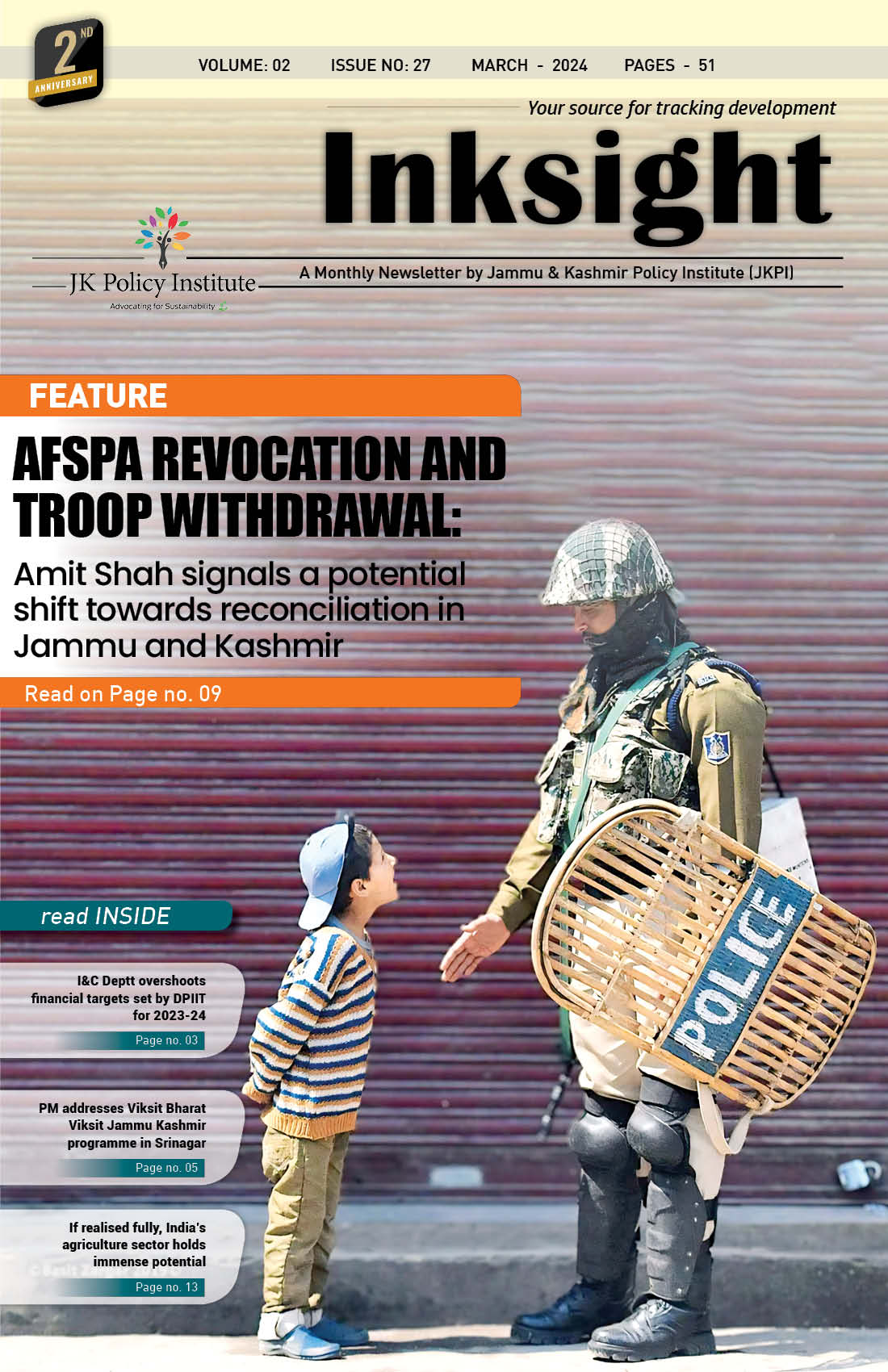
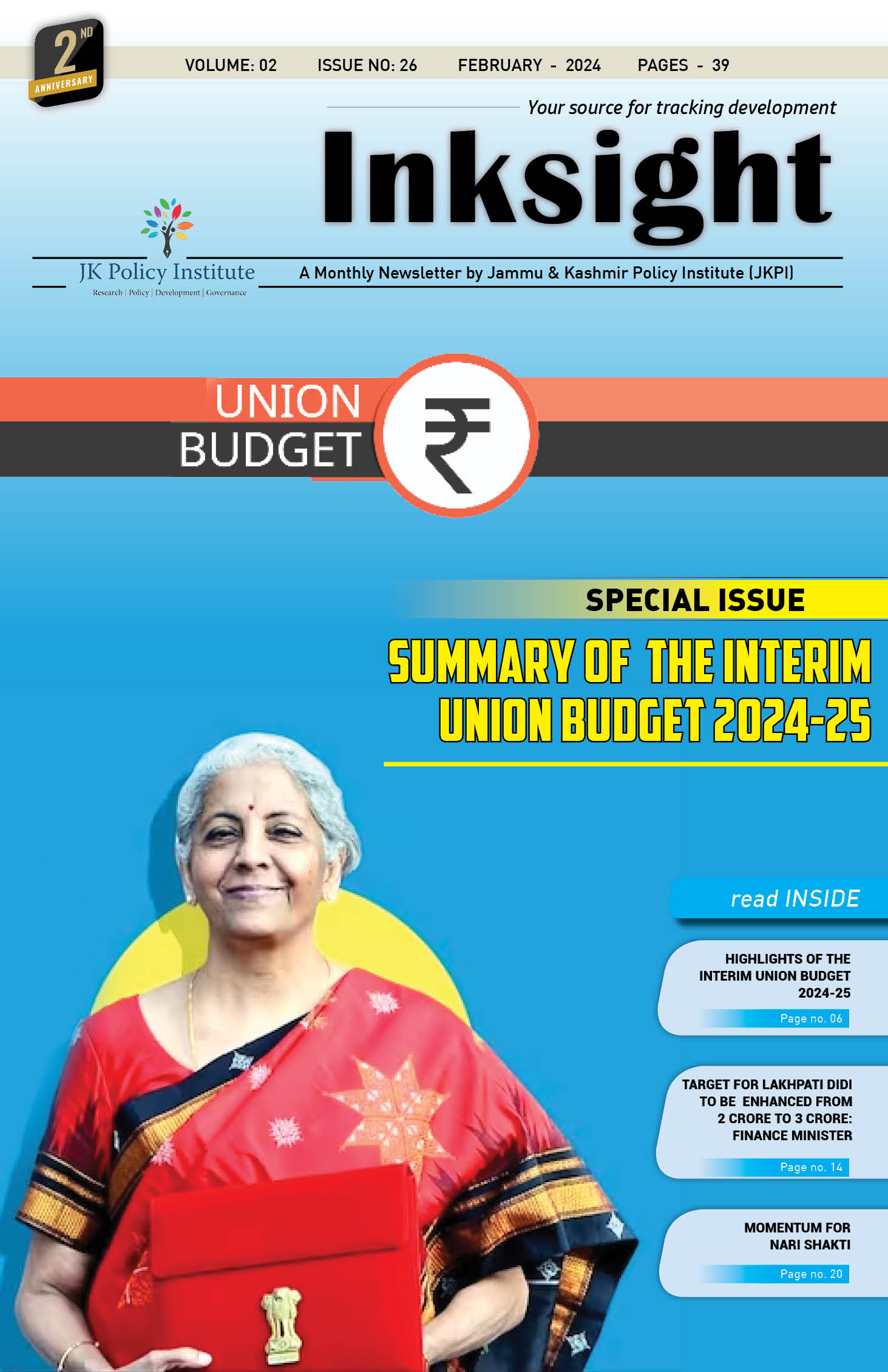
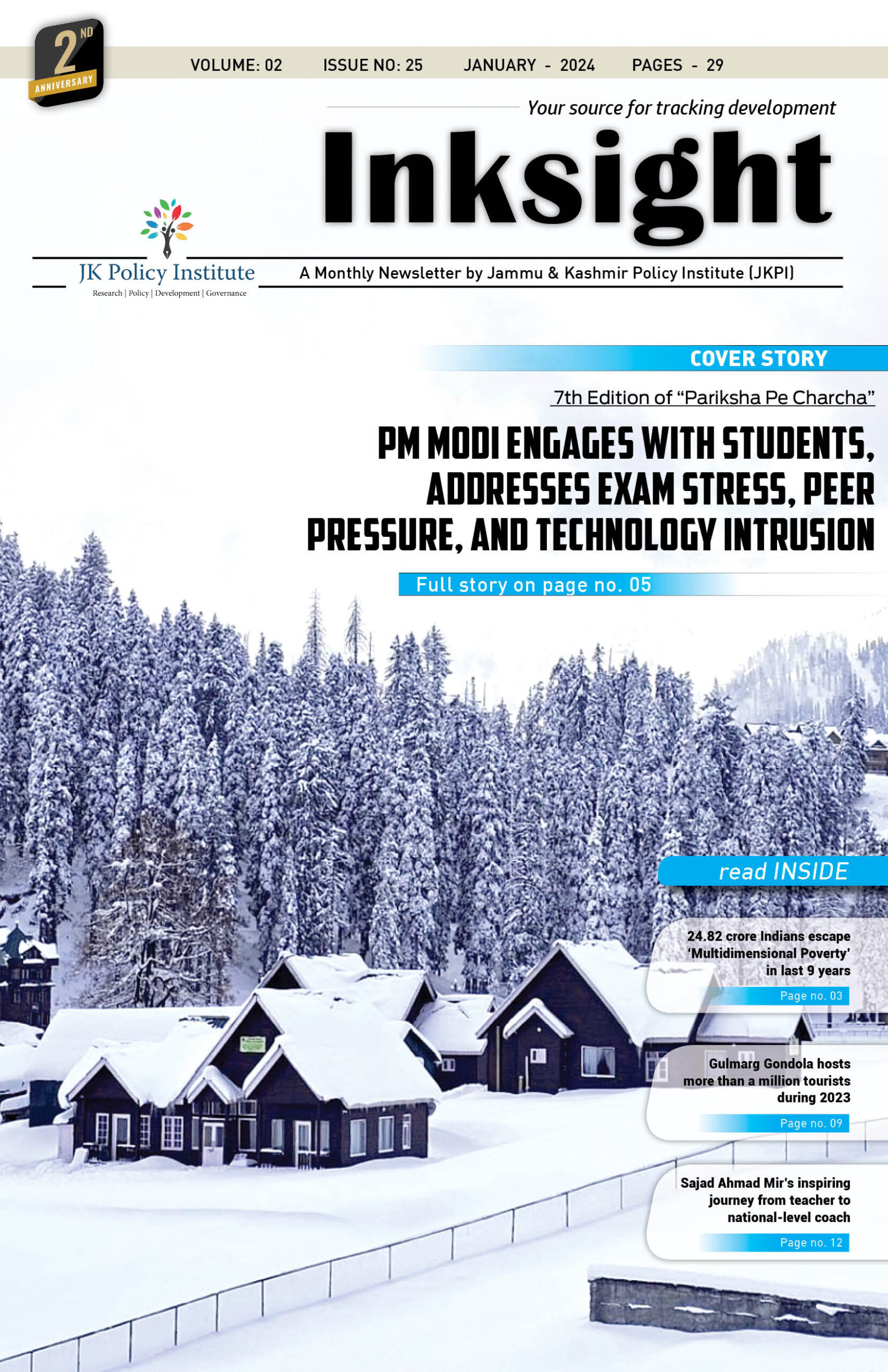
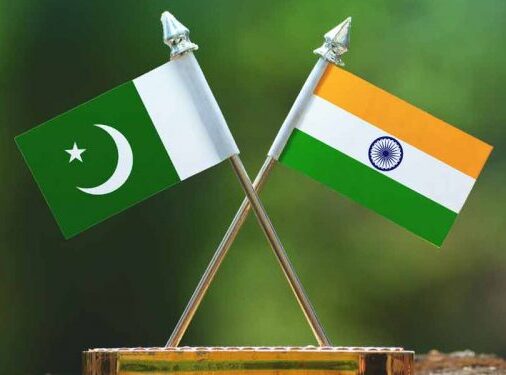
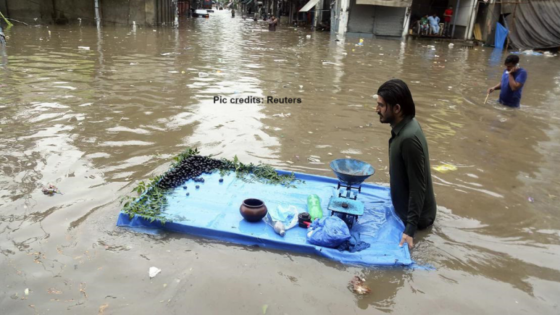

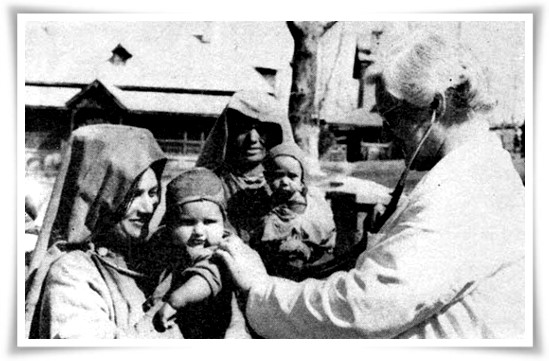
Leave a Reply
You must belogged in to post a comment.